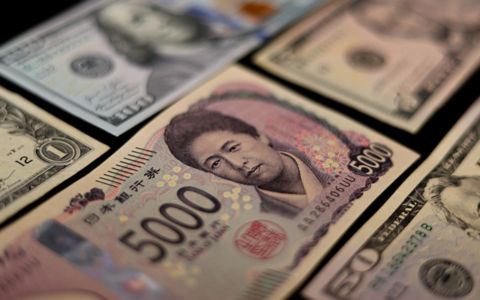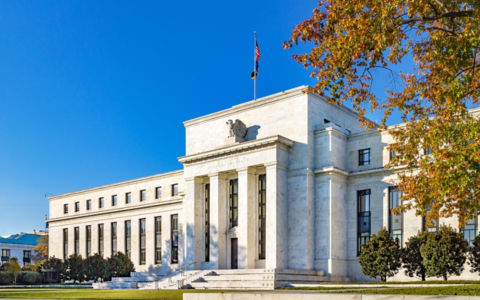Emerging markets
Emerging markets (EM) equities (-8.0%) sold off as global economic conditions decelerated amid elevated geopolitical tensions, ongoing supply-chain disruptions, and surging food and energy prices. Tighter global monetary policy also weighed on investor sentiment. Asia was the top performer, followed by Europe, the Middle East, and Africa (EMEA) and Latin America.
Asian equities (-6.2%) fell, with broad risk-off sentiment and expectations for higher inflation pressuring Thailand (-4.9%), the Philippines (-14.4%), and South Korea (-15.2%). In Thailand, an uptick in tourism helped offset the negative impacts of higher prices. The central bank held interest rates steady, while the government announced an extension of price caps on many essential goods and services. The Philippine central bank increased rates in line with expectations, although the country’s relatively gradual approach to lifting rates pressured the peso, which fell to its lowest level versus the dollar since 2005. South Korea’s government passed a record-sized extra budget to offset the impact of COVID restrictions. Inflation rose at the fastest pace in 14 years and the central bank opened the door to larger rate hikes. Taiwan (-16.6%) dropped amid increased geopolitical tensions with China and a selloff in technology stocks. India’s (-9.9%) central bank surprised the market by raising interest rates twice, with inflation eclipsing the bank’s targeted range. China’s (+4.6%) economic activity strengthened as the composite PMI rose above 50, indicating an expansionary environment for the manufacturing and services sectors. President Xi Jinping reiterated that China would maintain its zero-COVID strategy, raising concerns about the durability and duration of the recent economic upturn. Additionally, China and India were aided by steep discounts on imports of Russian oil.
Several EMEA (-13.3%) countries in Central and Eastern Europe were hampered by the spillover effects of the Russia/Ukraine war, with Poland (-21.3%), Czech Republic (-2.9%), and Hungary (-15.2%) declining amid inflationary pressures and concerns about energy security. Turkey (+1.5%) benefited from improved ties with Saudi Arabia. South Africa (-13.5%) combatted higher prices, while a decline in several key commodity spot prices reduced the exporting nation’s trade differential.
Latin American equities (-15.6%) declined sharply amid political and economic headwinds. Chile (+1.5%) advanced, but soaring inflation and a polarized political climate surrounding the process of drafting of a new constitution drove the peso lower. Chile’s lower house rejected two proposals for a new round of pension fund withdrawals, weakening the popularity of the country’s new president, Gabriel Boric. In Mexico (-14.1%), a deteriorating economic and fiscal outlook amid rising inflation and higher fuel costs posed downside risks to the country’s economy and its sovereign debt rating. In Brazil (-16.7%), aggressive monetary policy tightening threatened economic growth. President Jair Bolsonaro, who trailed in the polls ahead of October’s presidential election, announced that all federal gas and ethanol taxes will be removed through the end of the year, shifting the tax-receipt burden to the Treasury. Colombia (-19.8%) declined following a significant political shift as Gustavo Petro was named president-elect. Petro will become Colombia’s first leftist leader and intends to bring new regulations to big business, raise taxes, curtail the country’s oil and mining industries, and reestablish lost ties with neighboring nations. In Peru (-30.2%), President Pedro Castillo was asked to resign from the Peru Libre Party after being accused of breaking up the party in Congress.






























Quarterly Market Review — 4Q2025
Continue readingBy